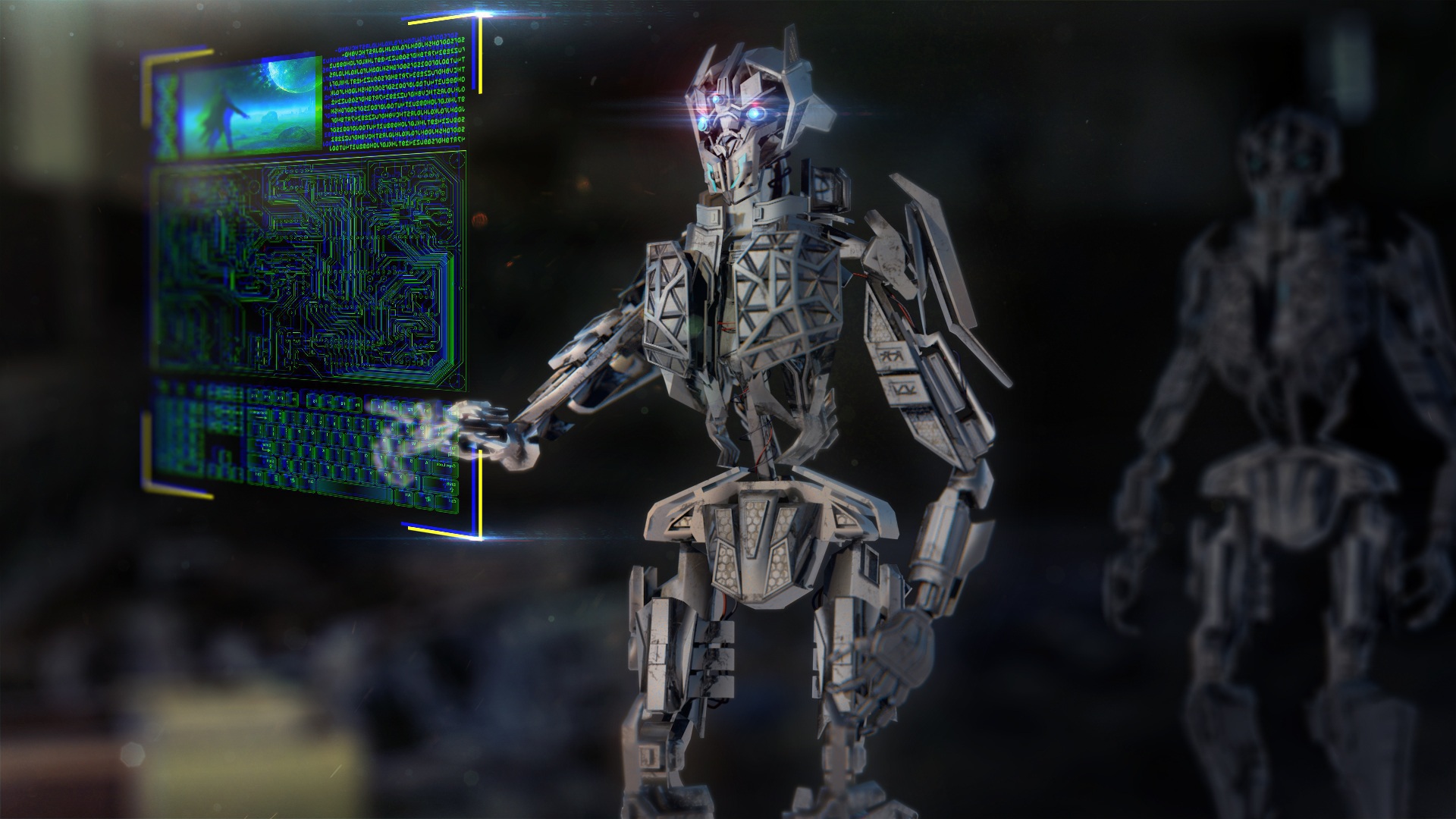Artificial Intelligence and Machine Learning in Modern Video Games

Procedural content generation
AI and machine learning can be used to create procedurally generated content, such as levels, landscapes, and even entire game worlds. This allows developers to create large and diverse environments without the need for extensive manual design work, providing players with new and unique experiences each time they play.
Advanced enemy AI
Modern video games often feature intelligent and adaptive enemy AI that learns from player behavior and adjusts its tactics accordingly. This results in more challenging and engaging gameplay, as opponents become more unpredictable and difficult to defeat.
Personalized player experiences
AI can be used to analyze player behavior and preferences, tailoring gameplay and content to individual playstyles. This can result in more engaging and immersive experiences, as players feel that the game is tailored to their unique interests and abilities.
Improved graphics and realism
Machine learning techniques can be employed to enhance graphics and animation, creating more realistic and lifelike visuals. This can lead to greater immersion and a more enjoyable gaming experience overall.
Dynamic storytelling
AI can be used to analyze player choices and decisions during gameplay, adapting the narrative accordingly to create a unique experience for each player. This can lead to the development of deeper and more emotional stories that better cater to individual playstyles and preferences.
Automated asset creation
The use of AI and ML allows for the automation of game asset creation, such as textures, models, and animations. This can reduce development time and costs, allowing developers to focus on other aspects of the game.
Analysis and improvement of game mechanics
Machine learning is also used to analyze and optimize game mechanics, such as identifying and fixing issues with balance, control, and difficulty. AI can analyze player behavior data and suggest solutions for improving gameplay.
Adaptive soundtrack
AI can be utilized to create an adaptive soundtrack that changes based on player actions and in-game situations. This can create a more immersive and dynamic atmosphere, enhancing the gaming experience.
In conclusion, artificial intelligence and machine learning play an increasingly significant role in video game development, allowing for the creation of more engaging, complex, and realistic gaming worlds. Developers continue to explore new ways to apply these technologies to make games even better and cater to the growing needs of players.




